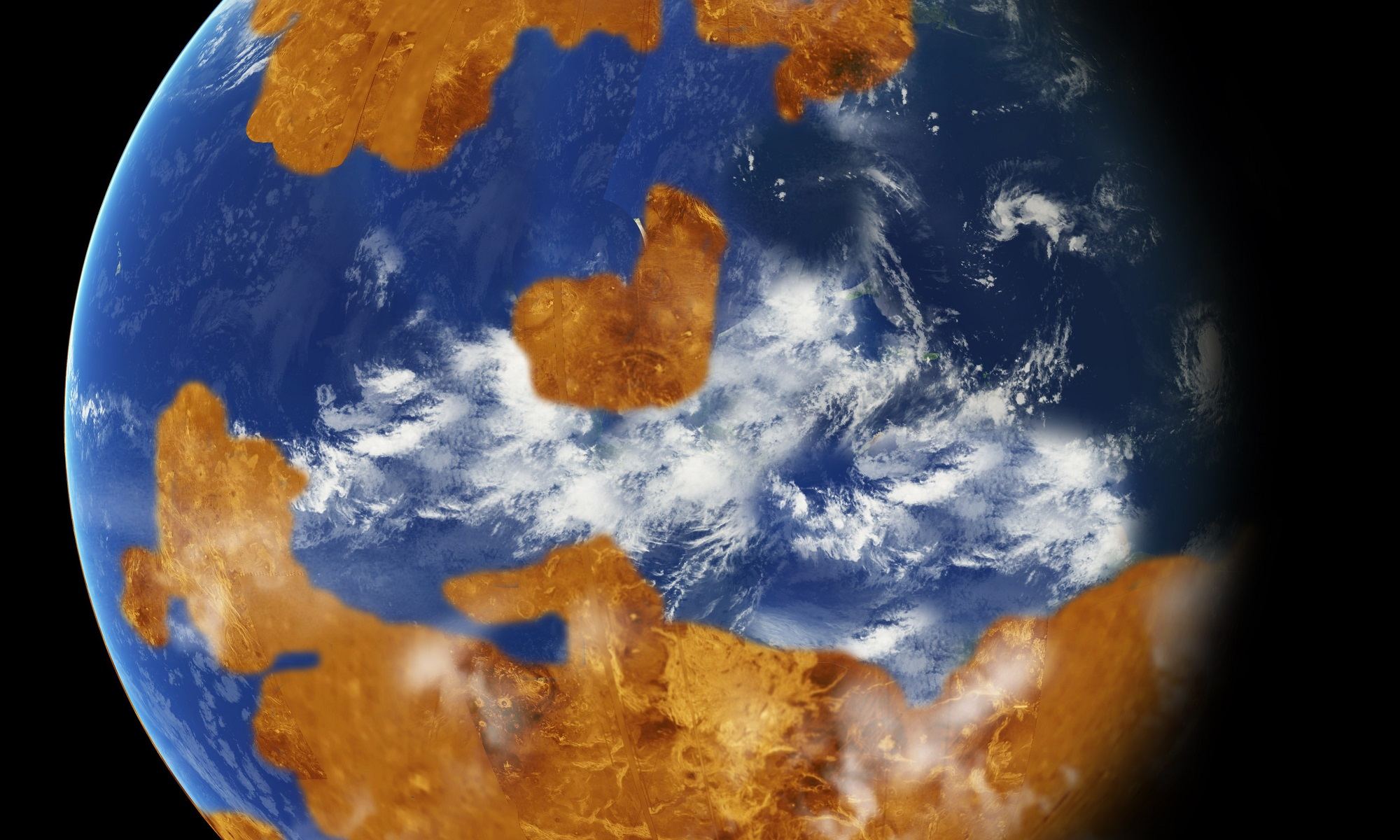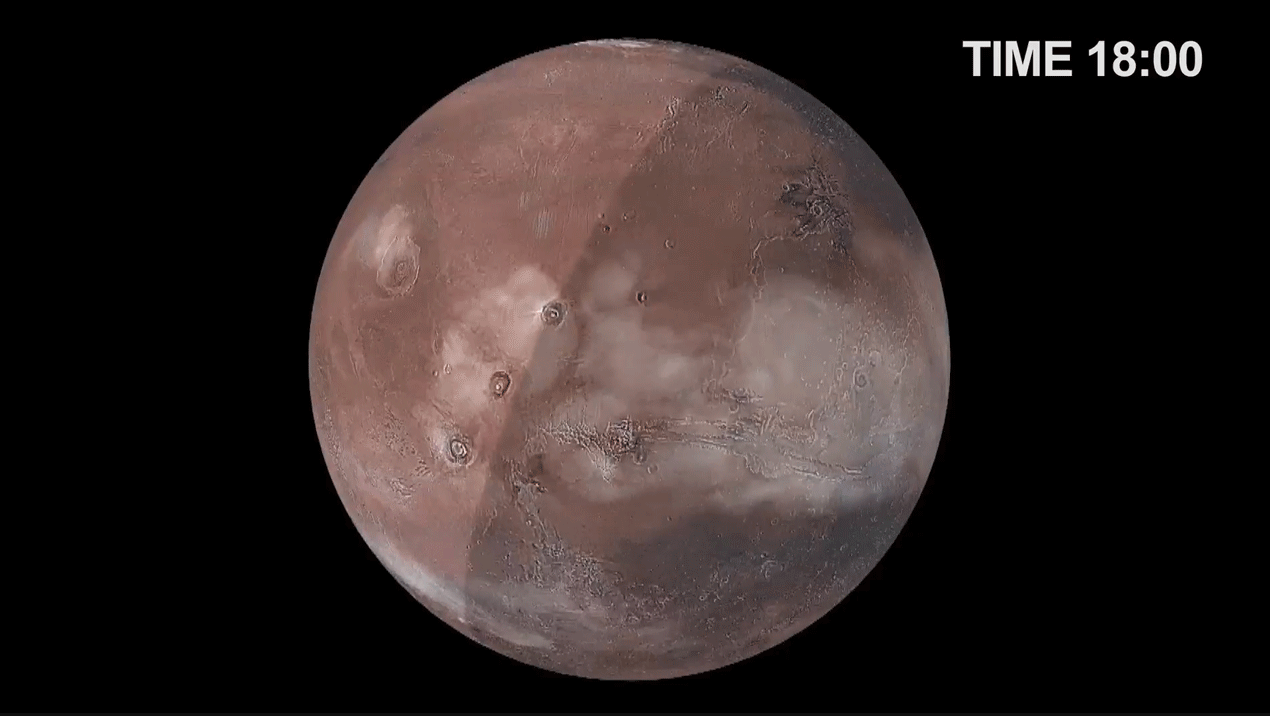A seismic shift occurred in astronomy during the Scientific Revolution, beginning with 16th-century polymath Copernicus and his proposal that the Earth revolved around the Sun. By the 17th century, famed engineer and astronomer Galileo Galilei refined Copernicus’ heliocentric model using observations made with telescopes he built himself. However, it was not until Kepler’s observations that the planets followed elliptical orbits around the Sun (rather than circular orbits) that astronomical models matched observations of the heavens completely.
As it turns out, this very quirk of orbital mechanics may be essential to the emergence of life on planets like Earth. That was the hypothesis put forth in a recent study by a team of astronomers led by the University of Leeds. According to their work, orbital eccentricity (how much a planet’s orbit deviates from a circle) can influence a planet’s climate response, which could have a profound effect on its potential habitability. These findings could be significant for exoplanet researchers as they continue to search for Earth-like planets that could support life.
Continue reading “Elliptical Orbits Could be Essential to the Habitability of Rocky Planets”



